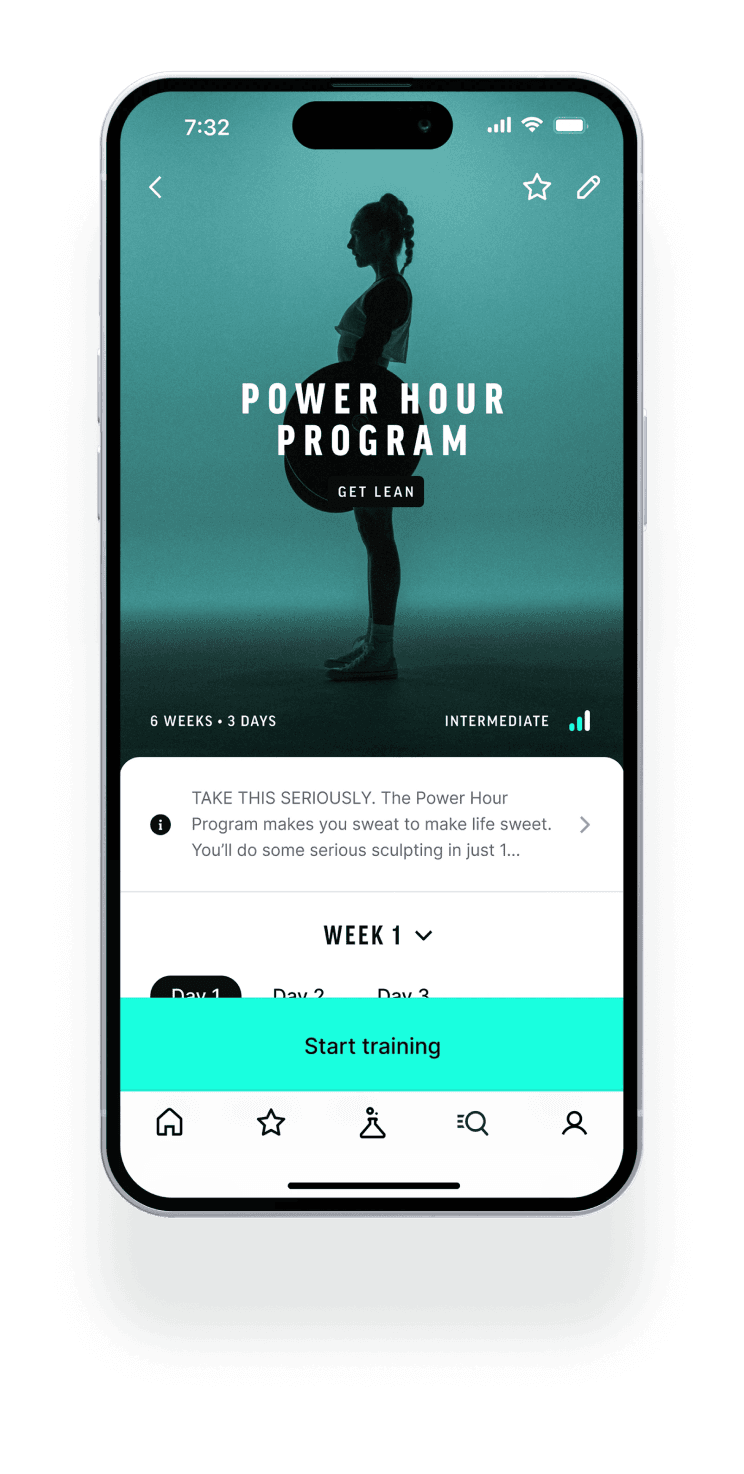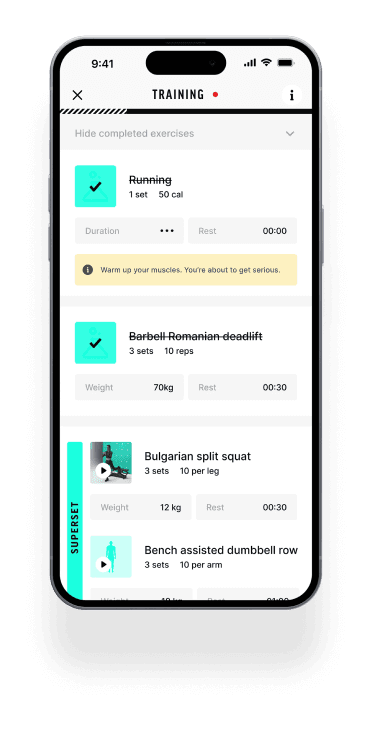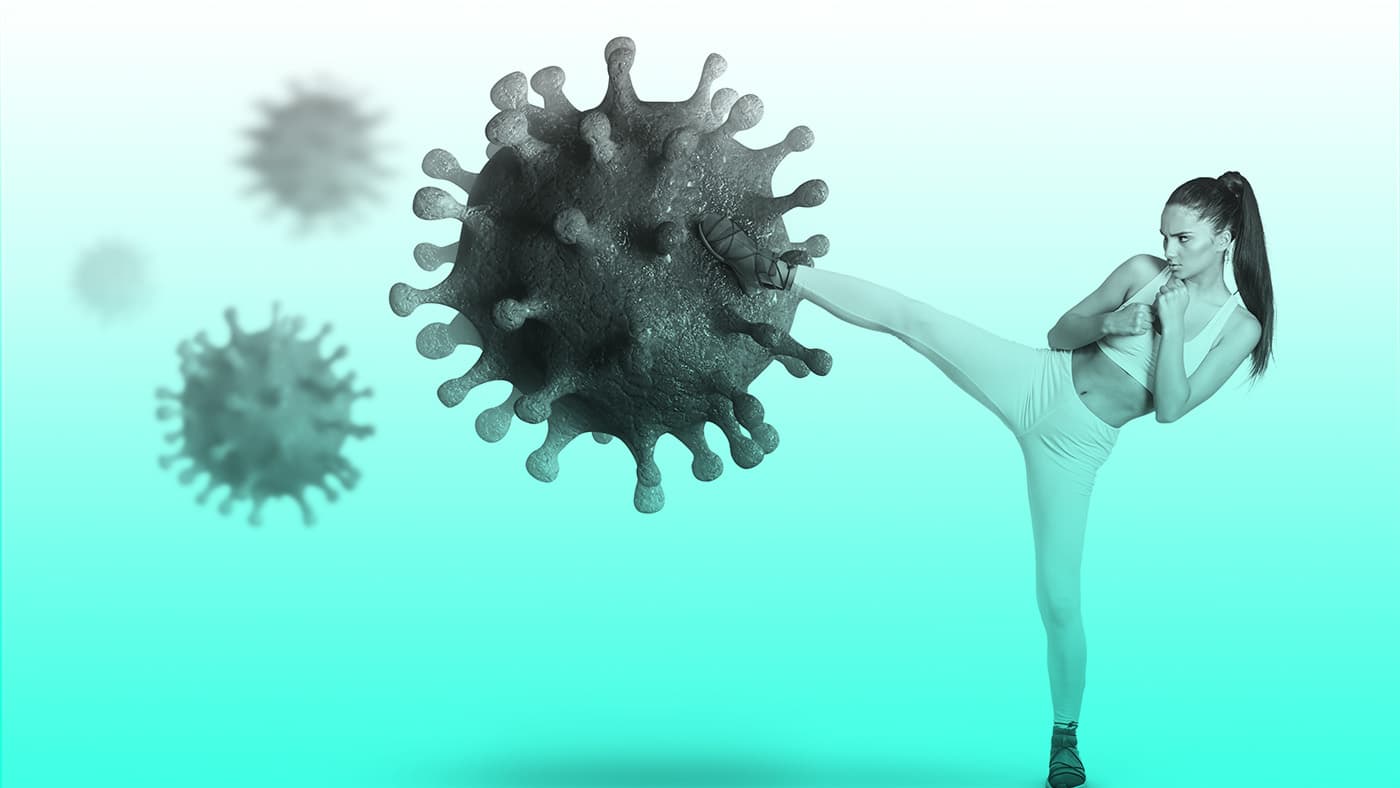Working Out with a Fever - Smart Move? And How Does Fever Work?
Is it wise to exercise when you have a fever? And why does your body crave the bed when you're facing a serious temperature spike?
In this article, I'm going to share the benefits of fever, why you feel like sleeping all the time, and whether it's better to work out or not. You'll also find out if exercising is a smart idea when you're just dealing with a cold.
The Blazing Response to Invaders
You officially have a fever when your temperature hits 37.2 degrees Celsius. Inside your brain, there's an area called the hypothalamus, which acts as the temperature control center. This center reacts super fast when you heat up from exercising. Blood flows more to your skin, and you start sweating, helping your body cool down. And when you get cold, all sorts of things happen to keep your vital organs warm.
When unfamiliar and harmful invaders like bacteria, viruses, and fungi enter your body, chemicals are produced that tell the brain's control center, "crank up the temperature, we need to kick these unwelcome guests out."
How Does Fever Work? 2 Key Functions
I'm going to start with the most obvious reason for a fever, but it's not the only one: a higher body temperature reduces the harmful effects of some viruses and bacteria. Not all of them, but definitely some. Did you know that your body mainly raises its temperature to work more efficiently? For every 1 degree Celsius increase, your metabolism boosts by 10%. Cells move faster, white blood cells are produced more quickly, and all reactions in your body speed up. The result is that your defense against these invaders kicks in much faster, and your body recovers more quickly.
The increase in metabolism, of course, demands a lot more energy than usual. That's why I think your body prefers to be in bed, sleeping. That way, all the energy can be used to fight off those harmful invaders.
To Exercise or Not with Fever or Cold?
Your body's fever response is a clever way to get rid of nasty invaders as quickly as possible. As you've read, energy consumption skyrockets, and your body prefers to use this energy for recovery. My personal opinion is to listen to your body and therefore not to exercise.
"What about a cold, though? I've always heard that exercise helps you recover faster?" With a mild cold or something else that's not related to serious fever, exercise can indeed help you heal faster, provided you don't train too intensively. Here's why. When you exercise, slightly above your current capacity, some muscle cells get damaged. To repair this damage, your body's first response is an inflammatory reaction. This reaction attracts a lot of white blood cells to repair the damage. To ensure that the inflammation is reduced and the damage is repaired, your body always sends more white blood cells to the site of the damage than necessary. As a result, extra white blood cells remain in your blood after the repair. These are precisely the cells that can help fight diseases and unwanted invaders. In the case of a mild cold and such, light exercise can actually help.
Above all, listen to your body and stay home if in doubt. Fever is like running a marathon.

Did You Know Exercise Reduces Your Risk of Getting Sick?
Exercising, and strength training in particular, literally reduces your chances of getting sick and catching a cold. The reason is actually quite simple. As mentioned above, after an effective workout, extra protective cells (white blood cells) circulate in your blood. If a harmful invader enters your body, there's already an army ready to take it down. Exercise literally boosts your immune system, provided you're training with an effective workout plan, of course.
Train with a Smart Schedule and Boost Your Immune System
We can help you train smart. With our app, Serious Fitness Lab, you have a personal trainer in your pocket. We have a suitable workout plan for every goal and every level. The app keeps track of everything you do, and each workout challenges you again. And guess what? A year with our app is cheaper than an hour of personal training. Test it free for 7 days and boost your immune system, on top of all the other benefits of strength training, of course.
Also read: 7 Reasons to Engage in Strength Training.
Frequently Asked Questions About Exercising with a Fever
Can I exercise with a slight fever?
It's better not to exercise if you have a fever. Your body needs rest to recover. Exercising can slow down your recovery and sometimes worsen your health. Moreover, physical exertion with a fever increases the risk of dehydration and other complications.
Is it okay to exercise if you're sick?
No, when you're sick, your body needs rest to recover. Exercising can worsen symptoms and delay the healing process. Listen to your body and give it a chance to fight off the illness.
How long should I avoid running after having a fever?
Wait until you've been fever-free for at least 24 to 48 hours before you start running again. Start slowly and listen carefully to your body. It's important not to rush back into full exercise, as your immune system may still be recovering.
Can you exercise with the flu?
No, exercising with the flu is not recommended. Your body needs rest to fight the infection and recover. Exercising can also increase the risk of spreading the virus to others.
At what temperature should you not exercise?
As a general rule: if your body temperature is 38 degrees Celsius (100.4°F) or higher, you should not exercise. Your body needs rest to recover. It's important to give your body time to heal before resuming your workout routine.
START TRAINING SERIOUSLY
Discover new training methods based on scientific knowledge, improve your form and technique and seriously track your fitness goals.






